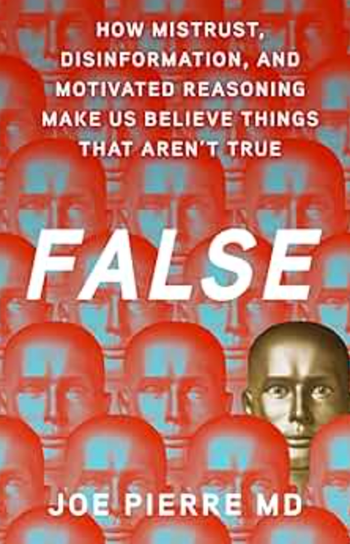
Explore Joe Pierre, MD's insightful analysis of why we believe falsehoods, blending psychology and cognitive science to address misinformation's impact on society.

Dr Aftab is a psychiatrist in Cleveland, Ohio, and clinical assistant professor of psychiatry at Case Western Reserve University. He writes online on his blog Psychiatry at the Margins.

Explore Joe Pierre, MD's insightful analysis of why we believe falsehoods, blending psychology and cognitive science to address misinformation's impact on society.
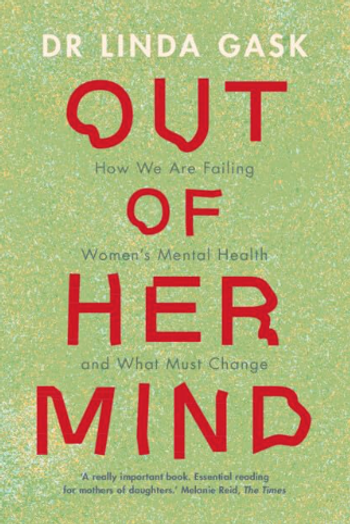
Does the psychiatric approach to treating women need to change? How does feminist thought consider psychiatric treatment? Linda Gask, Msc, PhD, shares her thoughts in "Out of Her Mind".

Here's why early career clinicians should engage with critical psychiatry.
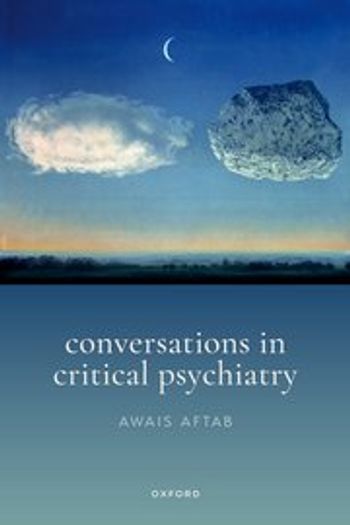
Awais Aftab, MD, shares more on his upcoming book.
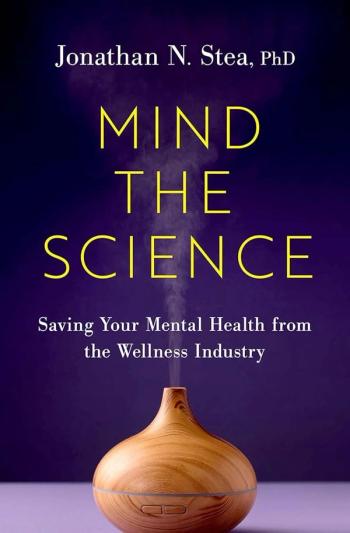
This book can help readers looking to navigate the confusing landscape of mental health advice, and assist them in protecting themselves and their loved ones from exploitative tactics.

How can we enhance our lithium research?

Future use of a 12-hour standardized lithium serum concentration notation: the first step towards more interpretable scientific literature and the return of the therapeutic importance of lithium.


Here’s what the historic case of the Genain quadruplets reveals about some deeper, uncomfortable truths about American society.
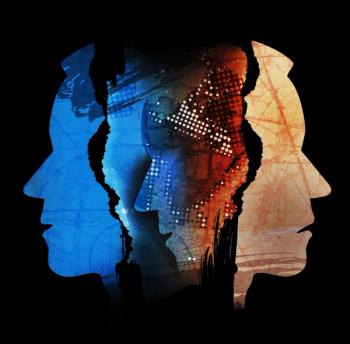
Exploring the connection between trauma and the etiology of schizophrenia, and the ways this connection was historically interpreted in the case of the Genain quadruplets.
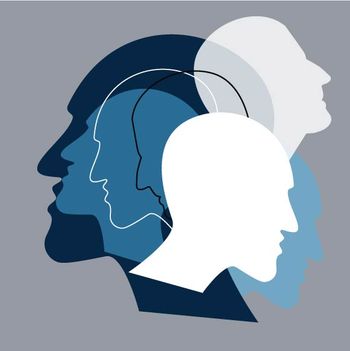
“The Genain quadruplets have really gone down in psychiatric history for being the ‘poster girls’ for psychiatric genetics.”

Awais Aftab, MD, and author Audrey Clare Farley, PhD, discuss Girls and Their Monsters: The Genain Quadruplets and the Making of Madness in America.
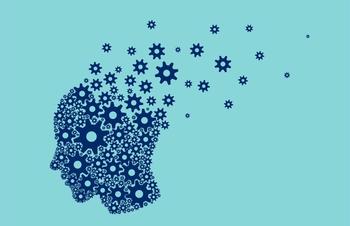
Awais Aftab, MD, interviews Audrey Clare Farley, PhD, author of Girls and Their Monsters: The Genain Quadruplets and the Making of Madness in America.
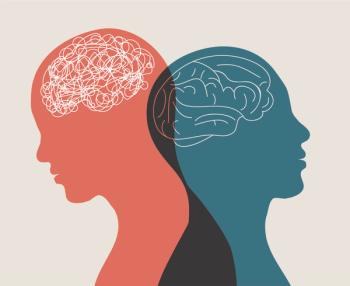
"Psychiatry is in a real stew now, with every kind of foundational question up for grabs."

This book asks us to reexamine anxiety…
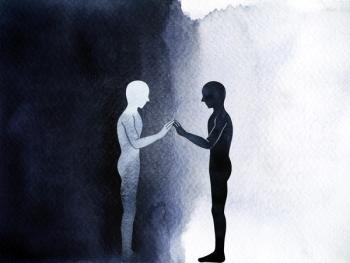
Descartes said that if you want to know the mind, the only place to start was in the dissecting room.

"There are a number of themes in my book, and one of them is to subtly bust the myth that people who get diagnosed with serious mental illness cannot recover."

A lawyer weighs in on pharmaceutical corruption and involuntary psychiatric care.

Does a computational approach to the mind pave the way for practicing a biopsychosocial psychiatry?

The 2022 annual meeting of the Association for the Advancement of Philosophy and Psychiatry was full of transformative, interdisciplinary dialogues. Here are some highlights.
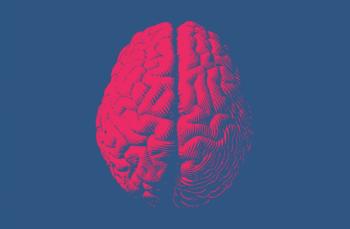
“This model challenges the idea that many neurodivergent individuals necessarily have neurological or cognitive pathologies, as well as the idea that neurotypicals are necessarily superior...”

Sami Timimi, MD, shares his thoughts on alienation and ADHD, and what role current systems of mental health play.

Wouter Kusters, PhD, uses his experiences with psychosis to better inform his philosophy. What can we learn from him?

Does psychiatry need criticism in order to improve?

What is the real-world clinical efficacy of SSRIs and other antidepressant medications compared to RCT placebos?
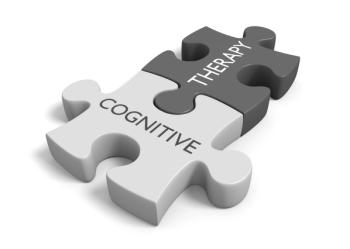
How can cognitive behavioral therapy be adapted to different cultures and address larger social issues?

Is neurodivergence to be cured or is it a healthy part of our social ecology?

What can philosophy learn from madness?
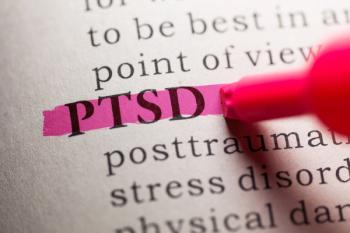
How should the sociopolitical nature of PTSD as a diagnosis inform our understanding of trauma?

Travelling the middle road between skepticism and scientism in psychiatric research and treatment.

Published: September 24th 2021 | Updated:

Published: January 8th 2021 | Updated:
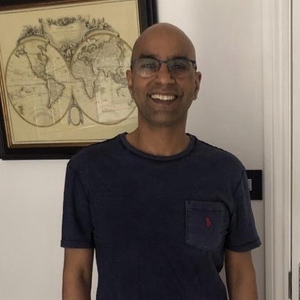
Published: September 5th 2020 | Updated:

Published: November 13th 2020 | Updated:

Published: January 6th 2022 | Updated:

Published: June 30th 2022 | Updated: